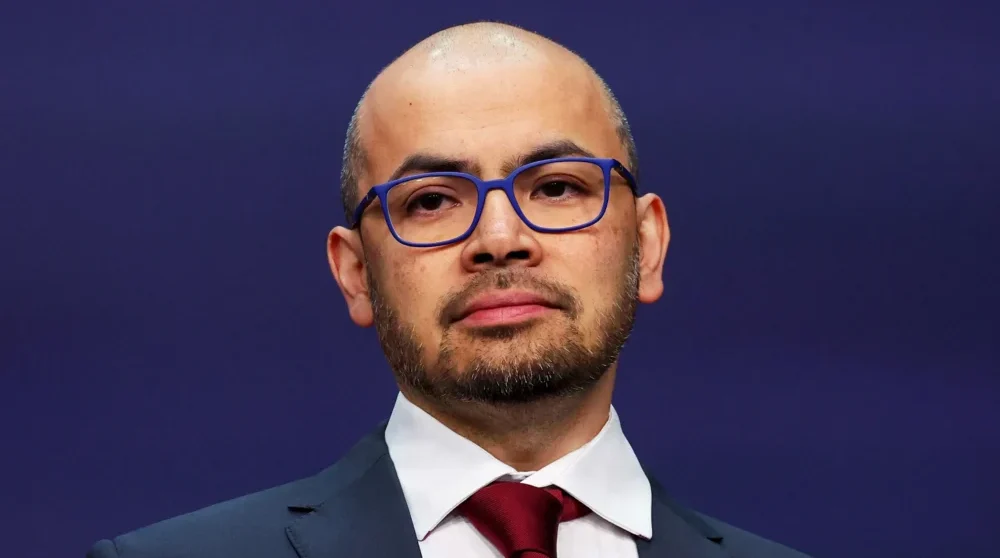Demis Hassabis, the mind behind AI startup DeepMind, is said to be expressing considerable discontent with Google’s push towards the commercialization of AI following its merger, as per reports from insiders to The Information.
The integration of Google Brain and DeepMind has encountered its share of hurdles, leaving a tense atmosphere in its wake. Prior to the consolidation of Google’s AI divisions into a singular entity, Hassabis was on the verge of parting ways with the company. He has also voiced concerns over Google’s potential to match strides with OpenAI’s advancements in video AI technology, particularly referencing Sora.
In response to these challenges, Hassabis is believed to have implemented several organizational tweaks aimed at re-emphasizing the value of fundamental AI research within Google’s operations. Moreover, he has reportedly aired grievances about the noticeable drift of talent towards OpenAI and the media’s focus on this trend.
The urgency to demonstrate AI advancements might have pushed the boundaries of what was presented as the capabilities of DeepMind’s technologies. Despite these obstacles, Hassabis is steadfast in his belief that achieving artificial general intelligence is a tangible goal.
Several of Google DeepMind’s AI researchers have recently left the company to chase their own endeavors. Back in January this year, DeepMind’s David Ding, Charlie Nash, and Yaroslav Ganin left the company to kick off their own startup called Uncharted Labs. The three had made significant contributions to developing multiple AI systems at Google for images and music including projects such as Imagen and Lyria.
DeepMind’s co-founder Mustafa Suleyman who was later the CEO of Inflection AI also joined hands with Microsoft recently and will be heading the company’s new consumer AI division. As part of the change, several Inflection AI researchers joined Microsoft including Jordan Hoffman, who will now be heading a new Microsoft AI division in London.
Hoffman had previously worked at Google DeepMind as well. Initially a Ph.D. candidate, Hoffman shifted gears to become a research scientist at DeepMind in 2020, before making a strategic move to Inflection AI. The transition occurred after Mustafa Suleyman, who established Inflection AI in 2022, initiated a targeted recruitment drive, drawing talent from both DeepMind and Meta.






